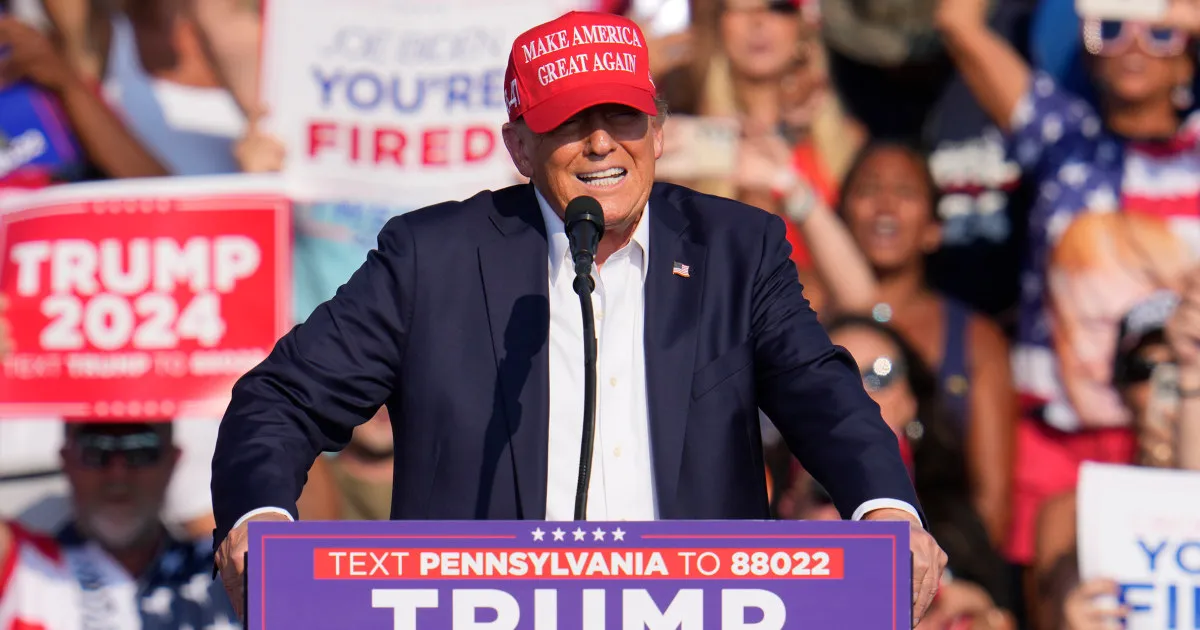
The U.S. Secret Service has officially suspended six personnel without pay after an alarming assassination attempt on President Donald Trump last July. According to an agency official who spoke with NBC News, these suspensions were a direct result of an extensive investigation into the incident that unfolded in Butler, Pennsylvania, where a gunman's bullet narrowly grazed Trump's ear.
The individuals suspended included both supervisory staff and line-level agents, with their suspensions lasting anywhere from 10 to 42 days without pay. However, the exact date when these agents were officially suspended remains unclear. NBC News has reported that multiple officials within the Secret Service were placed on leave due to their actions related to the incident, raising concerns about the agency's overall security protocols.
In the wake of the assassination attempt, lawmakers from both political parties expressed deep concern over the security failures that allowed a 20-year-old gunman to target and shoot President Trump, resulting in the tragic death of firefighter Corey Comperatore. Federal officials have labeled this incident as a potential act of domestic terrorism, further highlighting the need for robust security measures.
In the aftermath of this harrowing event, Kimberly Cheatle stepped down as the director of the Secret Service, facing bipartisan calls for her resignation. Cheatle acknowledged her accountability for the security lapse, stating that she fully accepted responsibility for the failures that contributed to the incident. In an interview with ABC News prior to her resignation, she revealed that there was a brief window during which the gunman was identified as suspicious before he began shooting.
A subsequent Senate briefing brought to light crucial details regarding the timeline of events. Secret Service agents reportedly spotted the gunman on a rooftop just 10 minutes before Trump was scheduled to take the stage and 20 minutes prior to the shooting. This revelation raises serious questions about the effectiveness of the agency's threat assessment and response protocols during high-stakes events.
In December, a House task force tasked with investigating the assassination attempt released a comprehensive report, making nearly a dozen recommendations aimed at improving the Secret Service's operational procedures. Key suggestions included the necessity of recording all radio transmissions and logs, as well as the establishment of new roles designed specifically for managing high-pressure situations. The task force concluded in their 180-page report that the shooting incident in Butler was preventable but emphasized that there was no single decision or moment that directly facilitated the gunman's attempt on Trump's life.
As the investigation continues, the implications of this incident highlight the critical need for enhanced security measures and training within the Secret Service to prevent future threats against high-profile individuals.